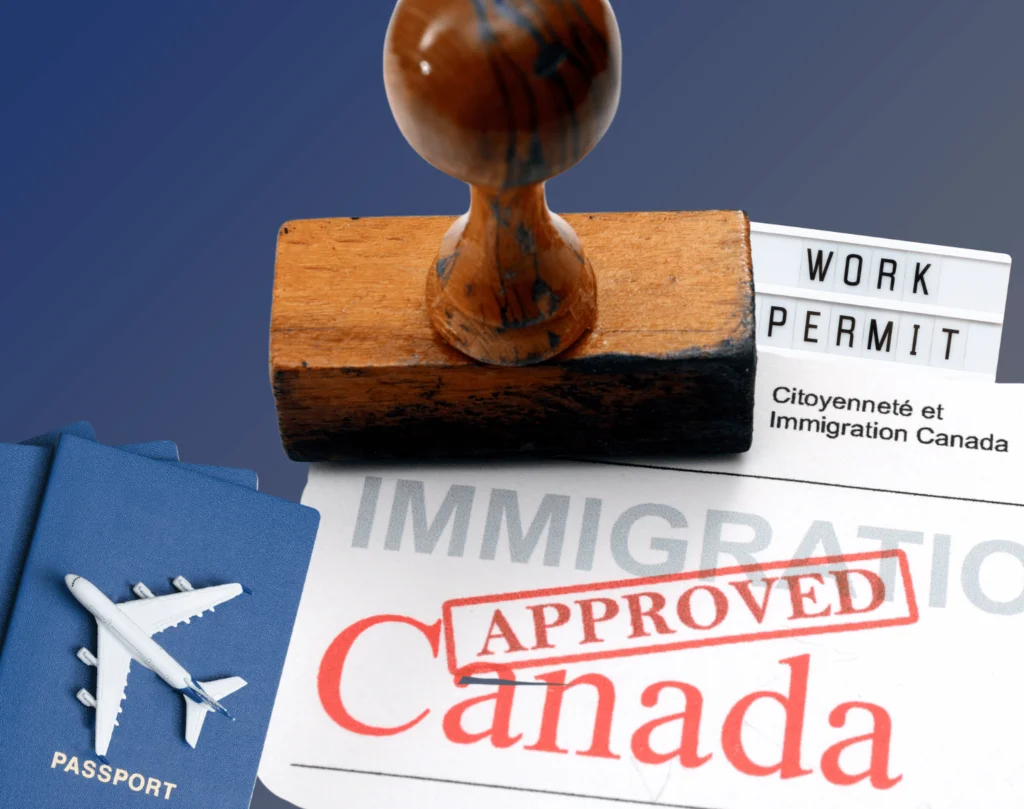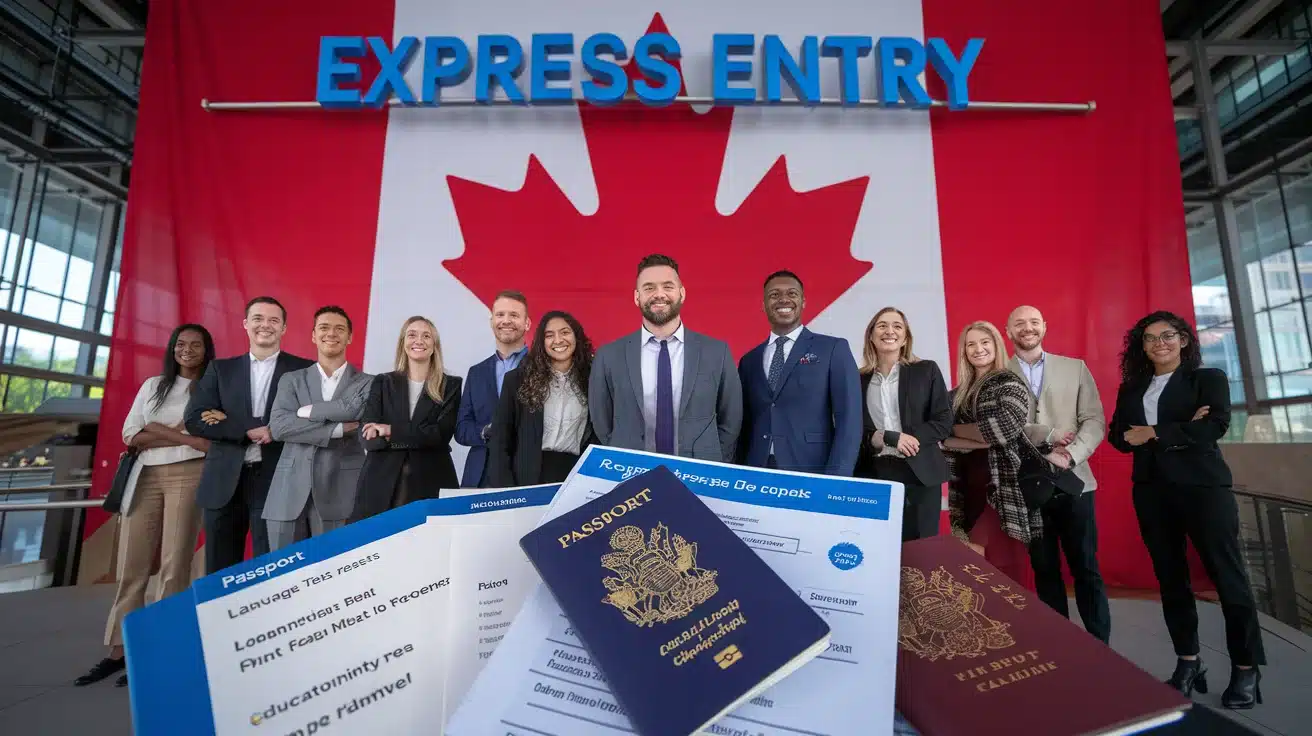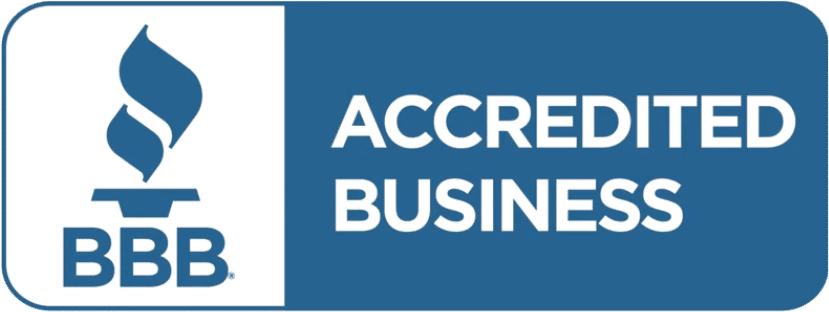International Mobility Program
The IMP empowers foreign nationals to work in Canada without requiring a Labour Market Impact Assessment (LMIA). Designed to enhance economic growth, cultural diversity, and global collaboration, this program opens streamlined pathways for skilled professionals, academics, and their families. From supporting families to advancing cutting-edge research, the IMP offers a gateway to endless opportunities.

Why Can X
Over 10 Years of Excellence: Our team of certified immigration consultants brings in depth knowledge of Canada’s visa processes.
Tailored Immigration Assistance: Every application is customized to meet your unique needs and goals.
Global Reach: Trusted by clients from 30+ countries, we’ve helped thousands of individuals and families transition to Canada successfully.
Empathy and Expertise: We simplify complex immigration challenges with a client-focused, solution-driven approach.
With a commitment to efficiency, reliability, and transparency, we ensure that every client feels supported and valued.
Trusted by Clients from 30+ Countries
We provide trusted and effective mobility solutions, assisting clients from around the world in successfully starting their new life in Canada.
Family Members of Skilled Workers (C41, C46)
Family members of foreign nationals working in high-skilled jobs can apply for open work permits under LMIA exemption codes C41 and C46, making it easier for spouses, common-law partners, dependent children, and even grandchildren to live and work in Canada. The main applicant, or principal worker, is the one who first gets work authorization in Canada. They must remain the primary worker when family members apply for permits and can’t switch to a spousal open work permit based on their spouse’s job in low-skilled work. For families of Post-Graduation Work Permit (PGWP) holders, eligibility depends on the PGWP applicant’s work status. If they’re working without a formal permit under Regulation 186(w), their family members aren’t eligible for open work permits. It’s important to time family applications with the principal applicant’s PGWP approval, as submitting too early could lead to refusal. This process helps families stay together while contributing to Canada’s workforce.
Eligibility requirements for OWP under C41 and C46
- The principal foreign national must have a work permit (employer-specific or open) or provisional approval (e.g., letter of introduction) or authorization to work without a permit under section R186, except under R186(f, v, w).
- The principal foreign national must hold a work permit or be provisionally approved (a letter of introduction was issued) for at least 6 months following receipt of the family member’s open work permit (OWP).
- The principal foreign national must be employed or will be employed in a high-skilled occupation (TEER 0, 1,2 or 3).
- The principal foreign national must live or plan to live in Canada while employed. For CSQ holders and provincial nominees, they must be physically residing or plan to reside in the province of nomination or selection.
- The principal foreign national must be in a genuine relationship with the applicant as a spouse or common-law partner or be the parent of the applicant who is a dependent child.
- Applicants who are in Canada at the time of submission must hold a valid temporary resident status or be eligible to restore their status.
1.Family members of foreign nationals authorized to work in low skilled occupations [C47 and C48]
Family members of foreign nationals working in low-skilled occupations (TEER 4 or 5) can apply for open work permits under LMIA exemption codes C47 and C48, even without a job offer. This includes spouses, common-law partners, dependent children, and grandchildren. The primary worker in the family, known as the principal worker, is the one who first receives work authorization in Canada. They remain the main applicant when family members apply for permits and cannot switch to a spousal open work permit based on their spouse’s job. For example, if the principal worker has an LMIA-based work permit for a low-skilled job, they cannot rely on their spouse’s open work permit to take on a high-skilled role.
Eligibility requirements for OWP under C47 and C48
- The principal foreign national must have a work permit (employer-specific or open) or provisional approval (e.g., letter of introduction) or authorization to work without a permit under section R186, except under R186(f, v, w).
- The principal foreign national must hold a work permit or be provisionally approved (a letter of introduction was issued) for at least 6 months following receipt of the family member’s open work permit (OWP).
- The principal foreign national must be employed or will be employed in a low-skilled occupation (TEER 4 or 5).
- Principal foreign national must hold a work permit not issued under the Seasonal Agricultural Worker Program, agricultural stream, or low-wage stream of the Labour Market Impact Assessment (LMIA). Exception: Families of principal applicants under the Agri-Food Pilot may apply for an open work permit under C47/C48 if the principal applicant holds or is approved for an LMIA-based work permit in the agriculture or lower wage stream. The principal applicant has received a letter from IRCC acknowledging receipt of their permanent residence application.
- The principal foreign national must be in a genuine relationship with the applicant as a spouse or common-law partner or be the parent of the applicant who is a dependent child.
- Applicants who are in Canada at the time of submission must hold a valid temporary resident status or be eligible to restore their status.
At Can X, we don’t just provide visa services – we build bridges to your success. Our team’s dedication to precision, affordability, and quality ensures that your immigration goals are met with ease. Take the first step today. Let Can X be your trusted partner in navigating the complexities of the International Mobility Program.
2.Family members of economic class permanent residents or provincial nominees [C49]
Family members of economic class permanent residents or provincial nominees (principle foreign national) may apply for an open work permit without a job offer under LMIA exemption code C49. It includes spouses, common-law partners, dependent children of the principal foreign worker or their spouse, and grandchildren. If the principal foreign national holds or is approved for an open work permit because they qualify for an economic class and they haven’t applied for permanent residence yet, their family members may apply for an open work permit. They may be eligible under administrative codes C41/C46 (family members of high-skilled workers) or C47/C48 (family members of low-skilled workers).
Eligibility requirements for OWP under C49
- The principal foreign national must have applied for permanent residency in the economic class.
- The principal foreign national must have a work permit (employer-specific or open) or provisional approval (e.g., letter of introduction) or authorization to work without a permit under section R186, except under R186(f, v, w).
- The principal foreign national must hold a work permit or be provisionally approved (a letter of introduction was issued) for at least 6 months following receipt of the family member’s open work permit (OWP).
- The principal foreign national must be employed or will be employed in a high-skilled occupation (TEER 0, 1,2 or 3).
- The principal foreign national must live or plan to live in Canada while employed. For CSQ holders and provincial nominees, they must be physically residing or plan to reside in the province of nomination or selection.
- The principal foreign national must be in a genuine relationship with the applicant as a spouse or common-law partner or be the parent of the applicant who is a dependent child.
- The family member must be included in the permanent resident application as an accompanying dependent.
- Applicants who are in Canada at the time of submission must hold a valid temporary resident status or be eligible to restore their status.
3.Spouses or common-law partners of full-time students [C42]
Spouses or common-law partners of international students in Canada can apply for an open work permit under LMIA exemption code C42, allowing them to work while their partner studies. In this arrangement, the principal foreign national is the first in the couple to hold a valid study or work permit and remains the primary applicant. If the principal permit holder is a student, they must continue studying and cannot switch to a work permit under a different exemption code, such as C41, based on their spouse’s employment status. This ensures the roles of the primary permit holder and their spouse are clear and consistent. These open work permits support families in staying together while allowing spouses to contribute to Canada’s economy.
Eligibility requirements for OWP under C42
- Student must hold a valid study permit or have received provisional approval for a study permit (if applying outside Canada).
- Student must be enrolled full-time at a designated learning institution (DLI) or intend to enroll full-time.
- Student must be accepted by or enrolled in a post-graduation work permit-eligible study program and institution.
It is important to note that only spouses and common law partners of study permit holders studying at PGWP-eligible institutions can apply for an open work permit. Dependent children cannot apply for an open work permit. Family members of study permit holders studying at non-PGWP eligible institutions or in non-PGWP eligible programs are not eligible under this category. - Student must be residing physically or plan to reside physically in Canada while studying.
4.Post-doctoral fellows awarded a Doctor of Philosophy (PhD) [C44]
The foreign national who has completed or is in the process of completing a PhD may apply for an open work permit.
Eligibility requirements for OWP under C44
- The foreign national must have completed, or be in the process of completing, a PhD.
- The foreign national must hold a time-limited position in a field related to the one in which they earned, or are pursuing, their PhD.
- A foreign national must receive a stipend or salary to compensate for periods of teaching, advanced study, or research.
- The selection of foreign nationals must be based on academic excellence.
5.Academic Award recipients for research work [C52]
Foreign nationals receiving an “academic award” may qualify for an open work permit. An academic award is one that involves research work, including remuneration, and is offered by a Canadian academic institution. Awards funded by Canadian institutions are primarily given based on merit and academic excellence, following a competitive evaluation process. Applicants bear responsibility for providing relevant information, including eligibility criteria, participation method (nomination or self-submission), and selection criteria. It is important that award recipients’ primary motivation is not recruitment or commercial gain, with exceptions such as the Global Affairs Canada (GAC) award programs, where study permit qualifications do not apply. Awards funded by foreign institutions offer opportunities for academic research award recipients from their home countries or institutions. Canadian institutions may invite individuals to engage in research activities in Canada, potentially exempting them from study permit requirements. In the case of self-funded research projects, some foreign nationals may meet the criteria for business visitor, allowing them to work in Canada without a work permit.
Eligibility requirements for OWP under C52
- Foreign nationals must be the direct recipient of the award involving work and remuneration.
- Foreign nationals must be affiliated with or registered with a credible academic or educational institution or agency in their country of citizenship or residence.
- Foreign nationals must demonstrate academic excellence or expertise in a field related to the project to be undertaken.
- Foreign nationals must be offered a position by a credible Canadian academic or educational institution or agency, or a closely affiliated organization:
- The employer must not be a commercial enterprise.
- The position offered to a foreign national must reflect their experience and expertise and ensure they will play an active role in the development of a Canadian research project.
6.Foreign medical or dental residents and medical research fellows [C45]
Foreign nationals who are accepted into medical or dental residency programs in Canada, as well as medical research fellowships, who are not funded by public sources, may be eligible for a work permit. A foreign medical resident is an individual with a medical degree equivalent to a Canadian Medical Doctorate (MD) who comes to Canada to complete a residency at a Canadian hospital or clinical institution.
Eligibility requirements for OWP under C45
- The foreign national must hold a medical degree equivalent to a Canadian Medical Doctorate (e.g., MD, DDS, DMD).
- A foreign national must be coming to Canada as part of their medical training to complete a residency at a Canadian hospital or clinical setting (medical and dental residents) or to advance clinical or medical research by pursuing a fellowship in a highly specific field.
- Foreign nationals must be offered a residency position in Canada that is not publicly funded.
Take the First Step Today
At Can X, we don’t just provide visa services – we build bridges to your success. Our team’s dedication to precision, affordability, and quality ensures that your immigration goals are met with ease. Take the first step today. Let Can X be your trusted partner in navigating the complexities of the International Mobility Program.
FAQs About Open Work Permits
An open work permit lets you work for any employer in Canada. Unlike employer-specific work permits, you’re not tied to one job or employer, giving you more flexibility.
Yes, family members like spouses, common-law partners, and dependent children of workers in high-skilled jobs (TEER 0-3) can apply for open work permits under codes like C41 and C46.
Yes, spouses or common-law partners of full-time international students can apply for open work permits if the student meets program and school requirements.
Yes, medical and dental residents with a degree equivalent to a Canadian MD and a residency or fellowship (not publicly funded) can apply under code C45.
Employers hiring through certain IMP streams must submit a job offer via the Employer Portal. They provide details about the job and pay a compliance fee, usually $230. This step is essential before a foreign worker can apply for a work permit.
The IMP allows hiring without an LMIA and often issues open work permits, focusing on broader economic and cultural benefits. The TFWP requires an LMIA and issues employer-specific work permits, addressing specific labor shortages.
The IMP covers a wide range of jobs, including positions under international agreements like the Canada-United States-Mexico Agreement (CUSMA), intra-company transferees, and roles that provide significant cultural or economic benefits to Canada.
Yes, in many cases, you can apply to extend your work permit under the IMP. It’s important to submit your extension application before your current permit expires and to meet the eligibility criteria for the specific IMP stream.
The IMP has special exemption codes for different types of workers. For example, C41 and C46 are for high-skilled workers, and C44 is for post-doctoral fellows.
Yes, family members of permanent residents or provincial nominees who meet certain criteria can get open work permits through the IMP.
Post-doctoral fellows with a PhD or finishing their PhD in a related field can apply for open work permits under the IMP (code C44).
The IMP simplifies the process by not requiring an LMIA, which is typically needed to hire foreign workers. This makes it faster and more efficient.
There are no specific age limits for the IMP. Eligibility depends on meeting program criteria, not age.
If you face abuse or violations under the IMP, you can confidentially report it to Service Canada’s tip line at 1-866-602-9448. They offer services in multiple languages and can assist you in addressing the issue.
Processing times can vary depending on the specific stream and the applicant’s country of residence. Some IMP streams offer expedited processing, with work permits issued in as little as two weeks.
Got more questions? We’re here with the answers!
Got more questions? Unsure about the process or what’s next? We’re here to guide, support, and simplify every step of your journey.
Your journey begins with one conversation – let’s start now!





